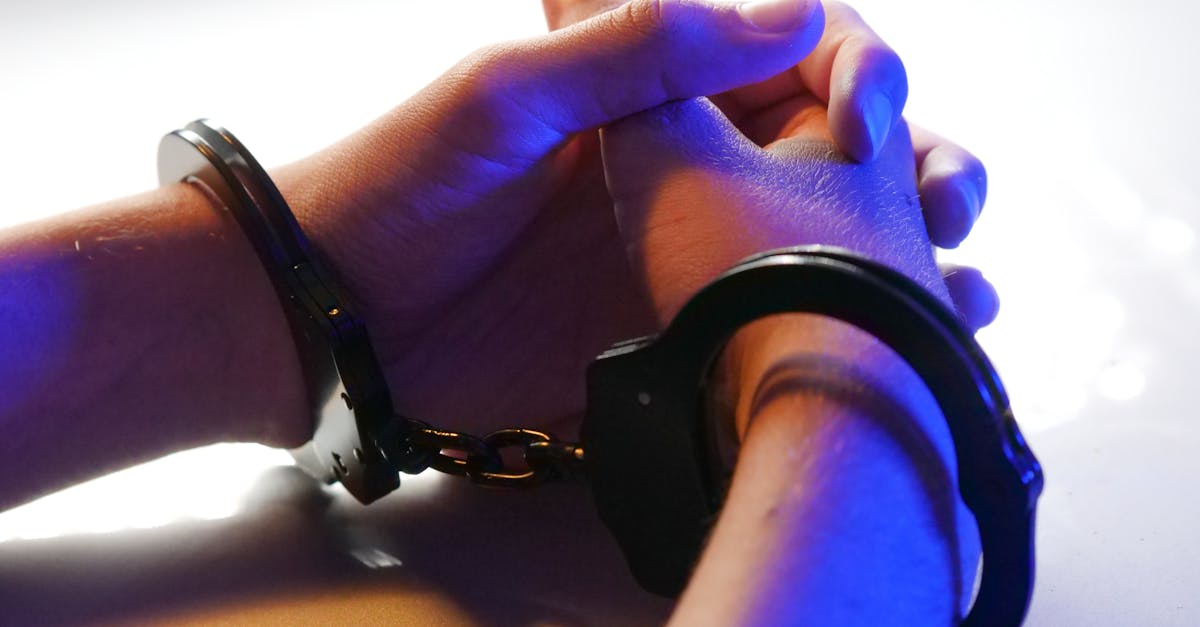Published on:
8 min read
Navigating the Complexities of Criminal Justice: A 21st Century Perspective
The criminal justice system is a multifaceted structure facing unprecedented challenges in the 21st century. From technological advances to social reform, understanding its complexities is essential for fostering a fair society.

The Impact of Technology on Law Enforcement
In the 21st century, technology has revolutionized law enforcement practices. From predictive policing algorithms to body-worn cameras, technological tools are being integrated to enhance transparency and accountability within the police force. These advancements aim to improve response times and ensure the fair treatment of citizens. However, they also raise ethical concerns regarding privacy and surveillance. Striking the right balance between public safety and individual rights is a delicate task that law enforcement agencies must navigate as they embrace innovative solutions while upholding civil liberties.
Social Movements Shaping Criminal Justice Reform
Social movements in the 21st century have significantly shaped discussions surrounding criminal justice reform. Movements like Black Lives Matter have highlighted systemic inequalities, sparking public outcry for change. The call for reform has led to legislative efforts aimed at reducing mass incarceration, addressing racial disparities, and eliminating harsh sentencing laws. Activists and community organizations are playing a pivotal role in advocating for restorative justice practices, which focus on rehabilitation over punishment. These grassroots initiatives are essential in promoting a more equitable and just system that considers the broader societal context.
The Role of Mental Health in Criminal Justice
Understanding mental health's role within the criminal justice system is increasingly vital. Many individuals encountering the justice system often grapple with mental health issues, which can contribute to criminal behavior. Modern approaches advocate for integrating mental health services within correctional facilities and diverting individuals to mental health courts. This perspective recognizes that incarceration may not be the solution for all offenders and promotes rehabilitation through therapeutic interventions. Addressing mental health effectively within criminal justice not only benefits affected individuals but also enhances community safety and reduces recidivism rates.
Conclusion: A Path Forward
Navigating the complexities of the criminal justice system in the 21st century requires a multifaceted approach that encompasses innovation, social awareness, and empathy. By prioritizing technology, engaging with social movements, and addressing mental health, we can work towards a system that is fairer, more effective, and better suited for the challenges of today. The collective efforts of individuals, organizations, and policymakers will be crucial in creating a just society.
Published on .
Share now!










